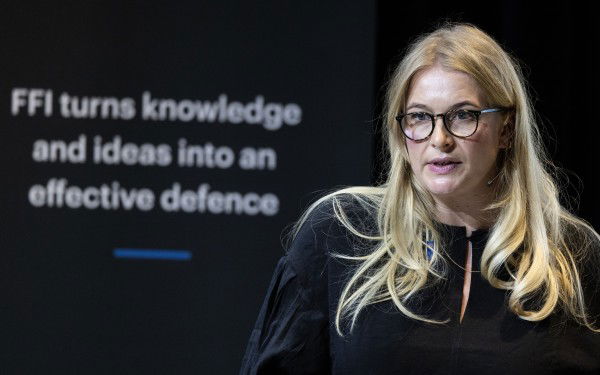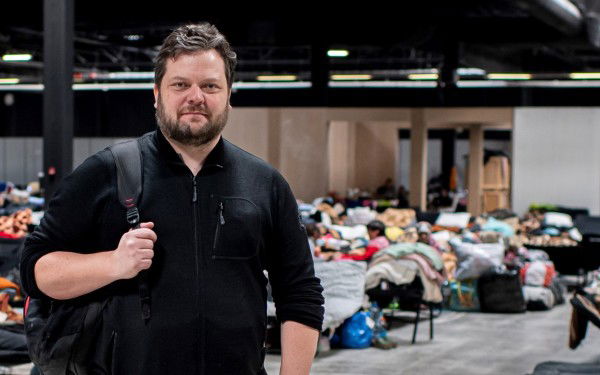— This is not the end of the road. We have to keep working for a better tomorrow.
29. mars 2022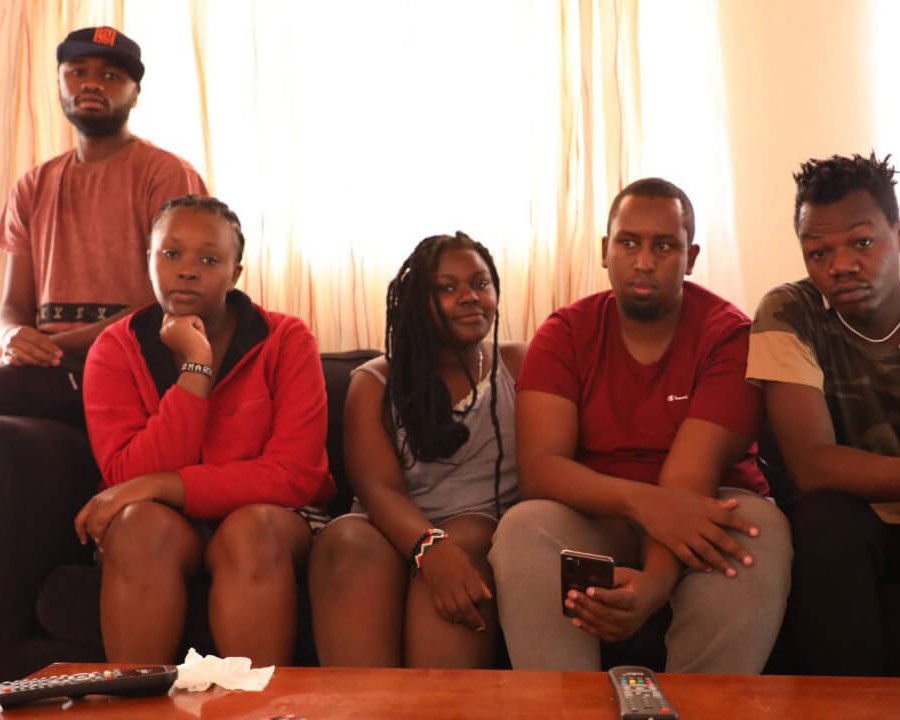
During their quarantine the project participants from Media for Mentors worked on film making, focusing on the main topic at hand: quarantining and the pandemic.
The words belong to Jemima Kamiti, one of five Kenyan exchange participants the project. They only got to spend a month in India before the pandemic had transgressed to a level where they had to return home.
The development was quick: One week they celebrated the vibrant Indian festival of colour, Holi, where streets and people in India were submerged in vivid colors and bombarded with water balloons: To the following week with a world in lockdown, closing borders, shut down businesses and concepts like “social distancing” and “self-isolation” gaining traction.
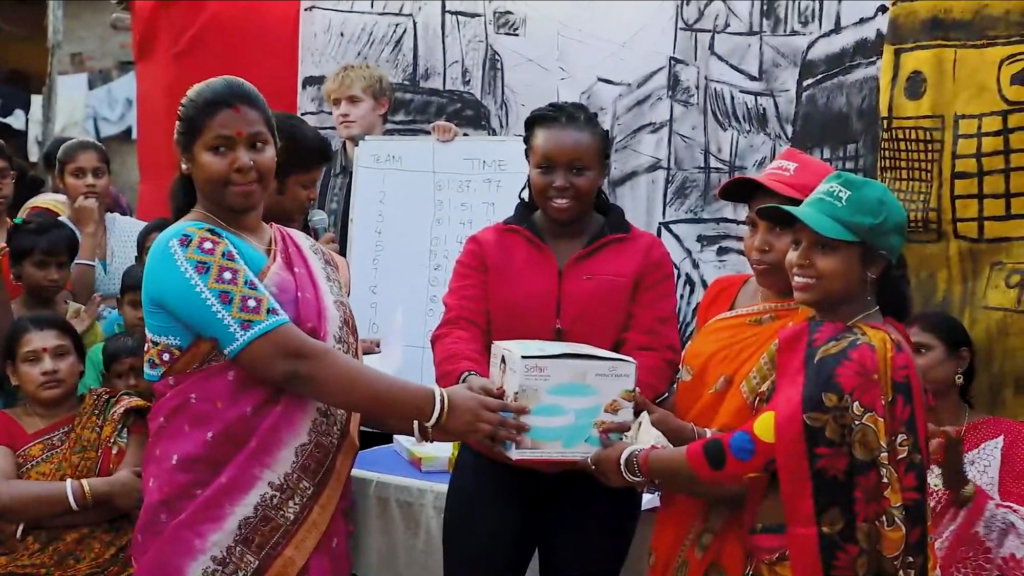
The participants in question belong to the project Media for Mentors, a south-south exchange project empowering youth to use digital and creative media as advocacy tools for community development. The project partners Slum Dwellers International (SDI) Kenya and Salt Lake City Prayasam in India decided it was safest for all participants to return home as the world was closing down.
— We were in the middle of filming and planning our projects and then we got the abrupt message “you have to leave India tonight”. It felt like punishment to have to end the exchange before it was even halfway done. We hadn’t completed our goals, says exchange participant Maria Muthoni, and adds:
— I felt safe in India because it’s a warm country, and I’d heard the virus could not survive 26 degrees. It still hadn’t hit me how serious coronavirus was.
Preventing spread by quarantine
When returned the participants all stayed at the housing provided by the project — to go through fourteen days quarantine in the safest way possible. It was an optimal situation for the participants to quarantine together — both reducing possible transmission back to their communities and also continuing working on their exchange project.
— I come from an informal settlement, just like the rest of us. The thought of possibly being infected and going straight home from the airport didn’t sit right with me. Imagine, in the slum it could spread like wildfire. We live so close and it is challenging to keep hand washing routines with lack of access to running, clean water, says Maria.
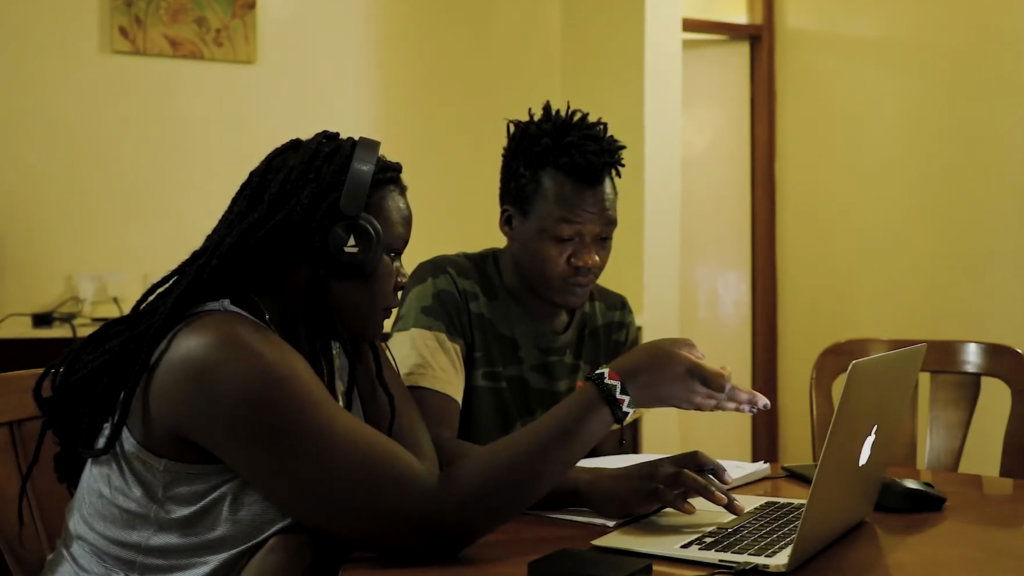
Continue to work remotely
— We hope that all Norec partners and participants will be working from their own countries on the specific projects they were planning to work on during their exchange, says Maria.
But continuing the work should not be at expense of pandemic precautions, with handwashing being an import factor. With social distancing constraining their ability to document community grassroots stories, their filmmaking and photography activities will have to adapt to a new reality.
— And safety should be your first priority: Always, says Chris Odanga.
From the exchange participants from SDI Kenya:
Tuoshe mikono yetu, tuzingatie kutotangamana na watu
Let’s wash our hands and observe social distancing.



